There was a time we were told our elders knew everything. Today, all of us listen only to the internet (even our elders). The Internet has become the primary source of staying in touch with friends, family and colleagues, and also with the world. While this wide connectivity has advanced technology and offered numerous advantages, there are also grave concerns related to mental health. Every word and visual is considered sacrosanct just because it out there on a digital platform. Social media has a huge role to play, particularly during difficult times, as these platforms can promote comfort and a sense of community.
According to research by the Internet and Mobile Association of India (IAMAI), approximately 825 million Indians are online and social media is becoming more common. Between 2022 and 2023, the number of Instagram accounts talking about mental health and wellbeing has increased by about 70 per cent (from 5062 to 8562), and is currently at 11,894. As per data from Qoruz, an influencer analytics and marketing firm, it has been evaluated that there are nearly 50,000 creators in India.
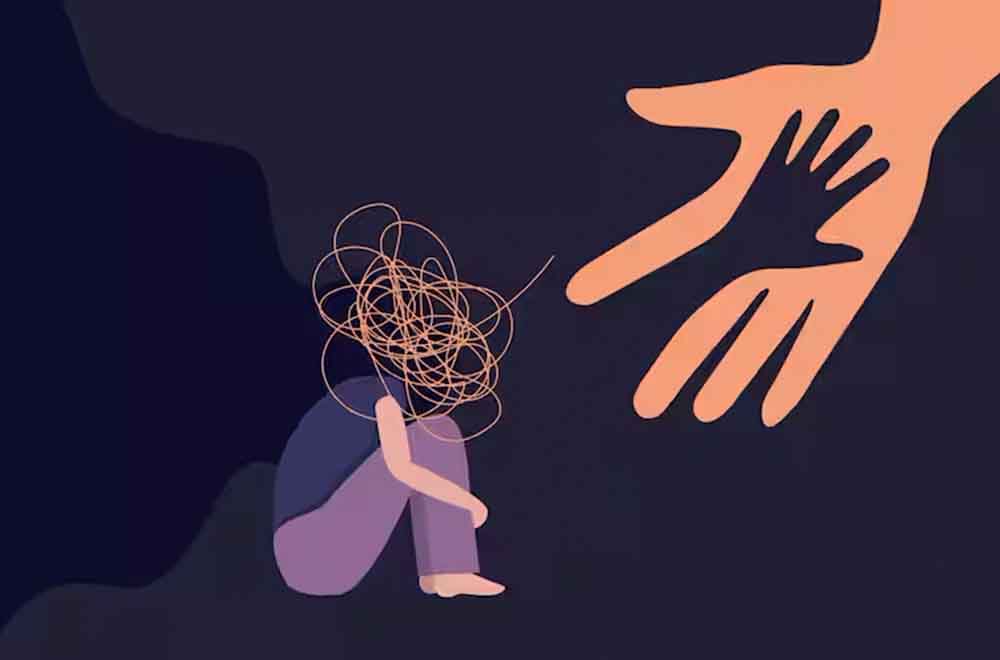
The number of unqualified practitioners online has raised concerns about potential harm to individuals seeking help. People have fallen for the perils of unqualified mental health advisors on social media platforms. Individuals seeking help may unknowingly receive misguided advice that can worsen their mental health. Clinical Psychologist Mehezabin Dordi explains that addressing this issue requires a careful understanding of how to identify symptoms of depression, seek appropriate professional care, and differentiate between emotional support and clinical treatment.
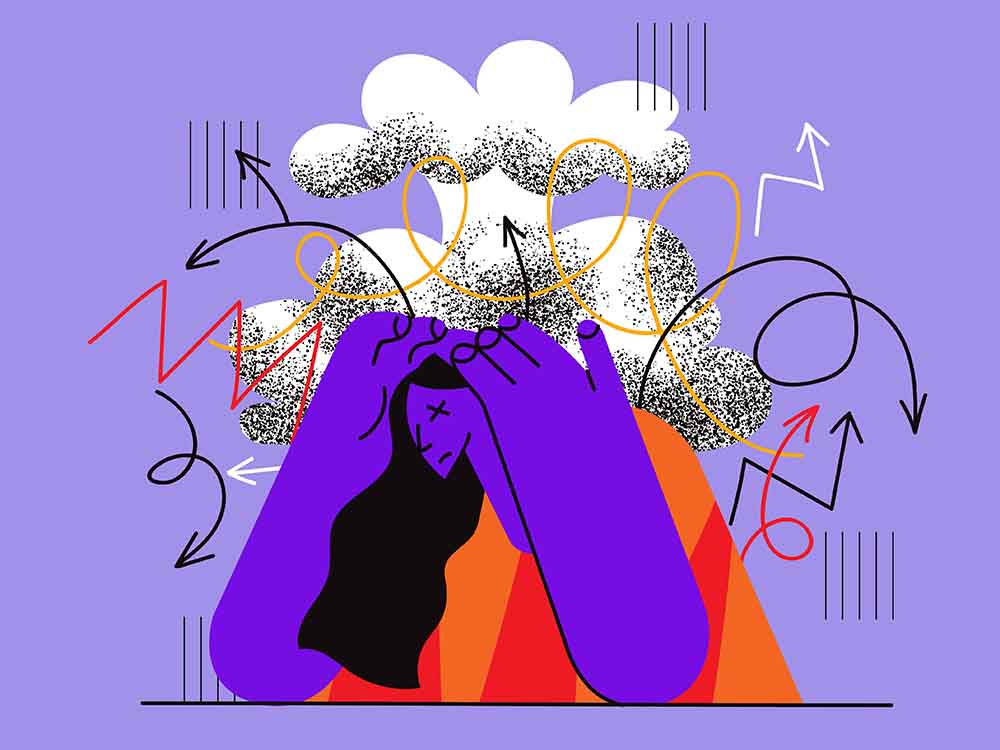
Identifying Symptoms Of Depression
Depression often presents itself with a combination of emotional, physical, and behavioral symptoms, such as:
• Persistent sadness or hopelessness
• Loss of interest in previously enjoyable activities
• Significant changes in sleep or appetite
• Fatigue or low energy
• Difficulty concentrating or making decisions
• Feelings of worthlessness or guilt
• Thoughts of self-harm or suicide
If these symptoms persist for two weeks or longer and interfere with daily functioning, it is important to seek professional help.
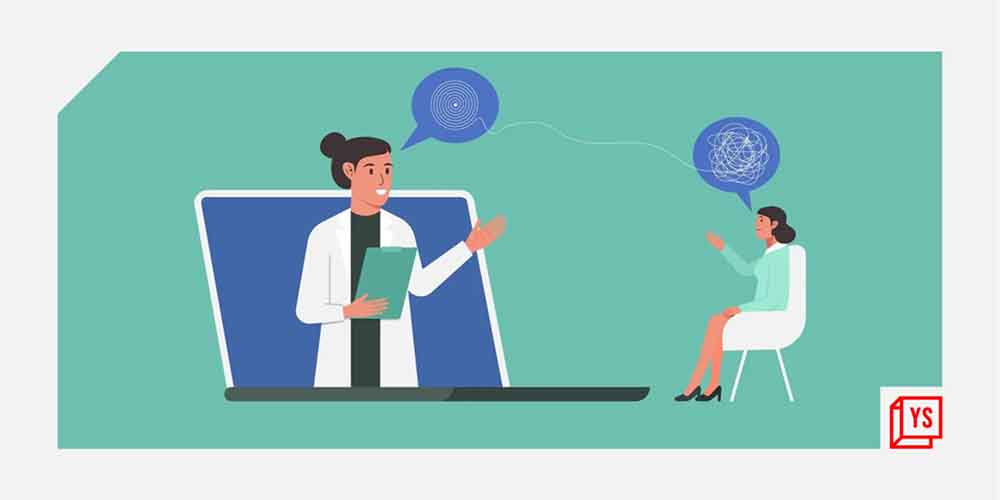
Understanding Professional Expertise
When approaching a mental health professional, consider the following qualifications:
• Psychiatrists - Medical doctors specialising in mental health who can prescribe medications.
• Clinical Psychologists - Trained professionals with advanced degrees (MA, PhD, PsyD) in psychology, qualified to provide evidence-based therapies like CBT, DBT, or psychoanalysis.
• Counsellors/Therapists – Professionals holding relevant qualifications in counselling or psychotherapy but typically focus on non-clinical issues.
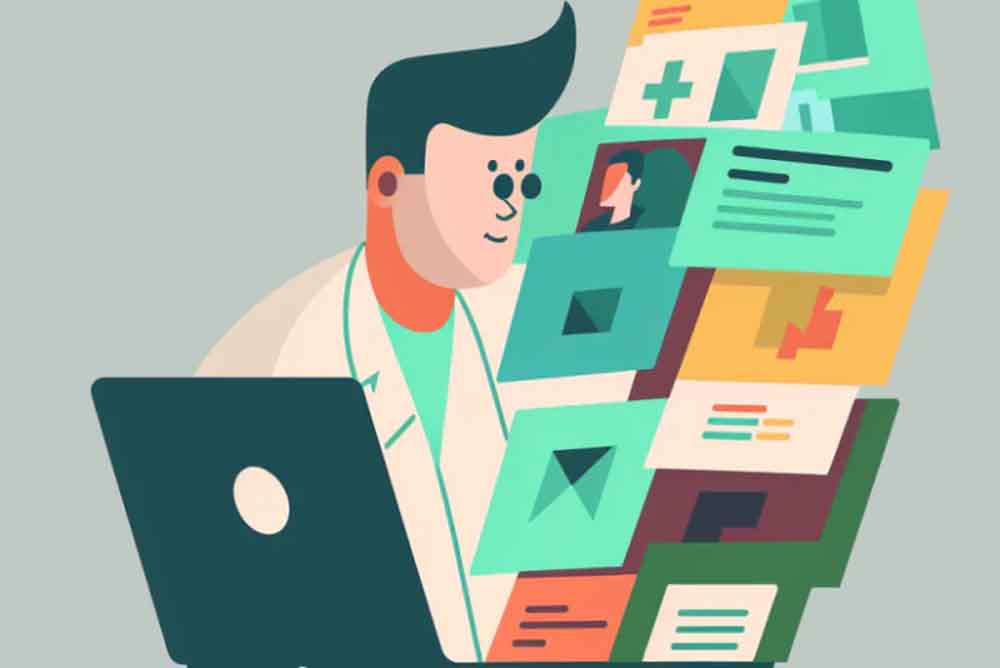
Navigating Online Spaces
While community-based support groups online can be helpful for sharing experiences and reducing stigma, these should never replace professional treatment for mental health issues. To draw the line:
• Seek emotional support from peers for sharing stories or gaining encouragement.
• Seek professional advice for diagnosing and treating mental health disorders.
Red Flags For Unqualified Practitioners
Beware of mental health advisors who:
• Lack credible qualifications (verify their degrees or certifications)
• Offer quick fixes or guarantees of a cure
• Promote products or services without scientific evidence
• Discourage seeking medical or psychological care
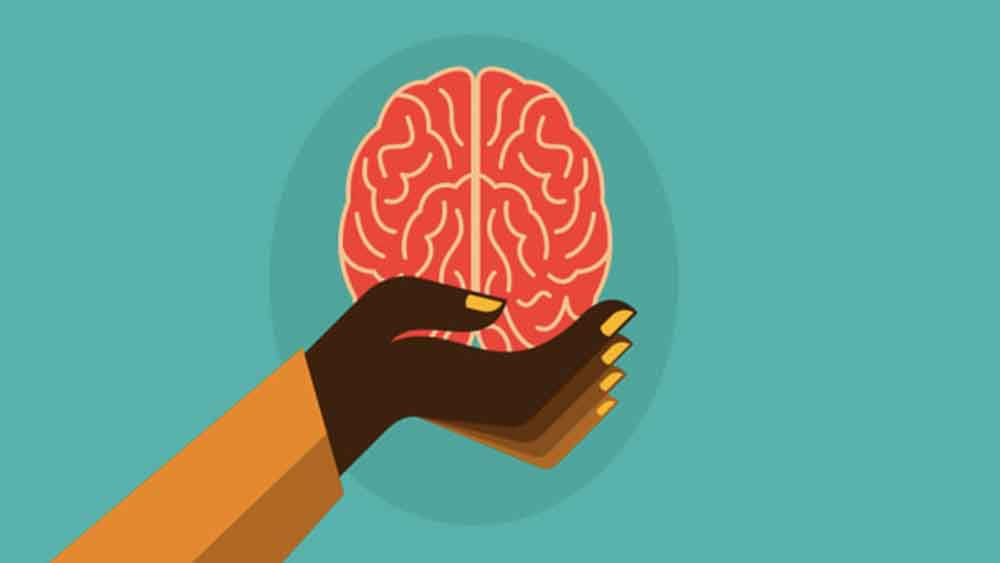
Encouraging Awareness And Action
Empower yourself with knowledge:
• Recognise the severity of symptoms and prioritise your well-being
• Trust licensed professionals who adhere to ethical and evidence-based practices
• Use reputable platforms or organisations to find therapists
Ultimately, while online communities provide comfort, the line must be drawn at clinical intervention. A genuine professional will emphasise this distinction and guide individuals toward the right course of action.
Image source: Leed, Washington Post, YourStory, Cloudinary